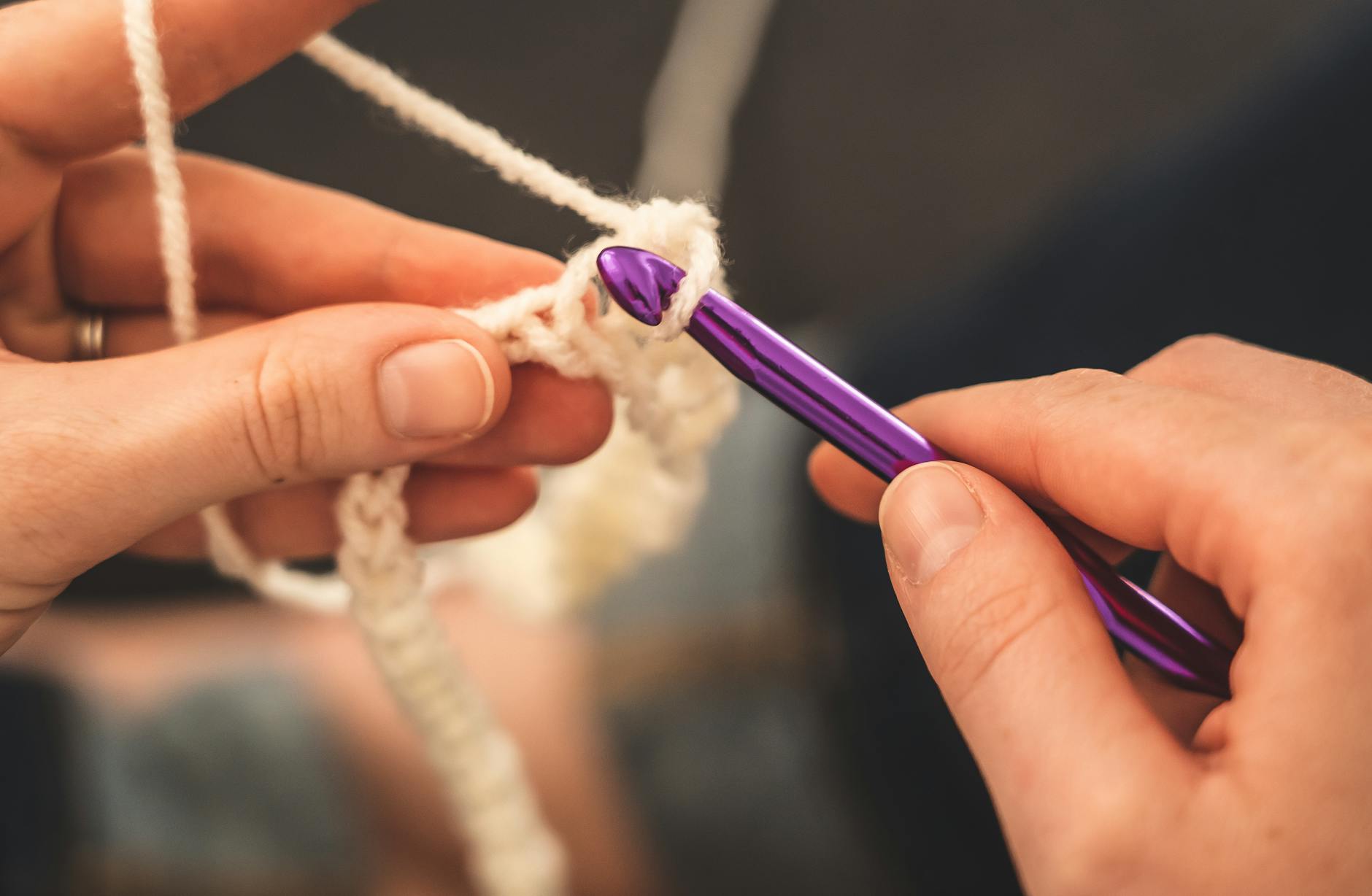How to Choose the Best advertising companies in doha: Expert Tips
Are you tired of wasting your marketing budget on ineffective advertising campaigns? 🤔 In the bustling business landscape of Doha, finding the right ad agency can feel like searching for a needle in a haystack. But fear not! Your quest for the perfect advertising partner ends here.
Choosing the best ad agency in Doha isn’t just about flashy portfolios or big-name clients. It’s about finding a team that understands your brand, resonates with your vision, and has the expertise to propel your business to new heights. Whether you’re a startup looking to make your mark or an established company aiming to refresh your image, the right agency can be the difference between blending in and standing out in Qatar’s competitive market.
In this comprehensive guide, we’ll walk you through expert tips on selecting the ideal ad agency for your business in Doha. From researching your audience to building a solid strategy and consistently showing up for your brand, we’ve got you covered. Get ready to transform your advertising game and watch your business soar! 🚀 Let’s dive into the key factors to consider when choosing your perfect advertising partner.
Start frequency decisions with others’ research
Leveraging Existing Research
When determining the ideal posting frequency for your social media strategy, it’s crucial to start by examining existing research. This approach saves time and provides valuable insights from industry experts.
Key Sources for Social Media Frequency Research
- Industry Reports
- Academic Studies
- Platform-Specific Insights
- Competitor Analysis
Interpreting Research Findings
| Research Type | Benefits | Limitations |
|---|---|---|
| Industry Reports | Up-to-date trends | May lack depth |
| Academic Studies | Rigorous methodology | Can be outdated |
| Platform Insights | Direct from source | Platform-specific |
| Competitor Analysis | Industry-specific | May not apply to all |
When reviewing research, look for:
- Engagement rates across different posting frequencies
- Platform-specific recommendations
- Industry-specific insights
- Audience behavior patterns
Remember, while these studies provide a solid starting point, they should be used as guidelines rather than strict rules. Your specific audience and content may require a different approach. Use this research to inform your initial strategy, which you’ll refine through testing and analysis.
Now that we’ve covered the importance of starting with existing research, let’s explore how to conduct your audience research to further tailor your posting frequency.
Research your audience qualitatively and quantitatively
Qualitative Research Methods
Qualitative research provides deep insights into your audience’s preferences and behaviors. Here are some effective methods:
In-depth interviews
Focus groups
Social media listening
Observational studies
These techniques help uncover the ‘why’ behind your audience’s actions, revealing valuable information about their motivations and pain points.
Quantitative Research Techniques
Quantitative research offers measurable data to support your findings. Consider these approaches:
Surveys
Web analytics
A/B testing
Social media metrics
These methods provide concrete numbers and statistics to inform your decision-making process.
Research Type
Benefits
Limitations
Qualitative
Deep insights, rich context
Time-consuming, smaller sample size
Quantitative
Large sample size, measurable data
May miss nuanced information
Combining Qualitative and Quantitative Data
To gain a comprehensive understanding of your audience, integrate both research types:
Use qualitative insights to shape quantitative questions
Validate qualitative findings with quantitative data
Identify trends through quantitative research and explore them qualitatively
Create audience personas based on both data types
By combining these approaches, you’ll develop a robust understanding of your audience, enabling you to make informed decisions about your ad agency selection in Doha.
Build a strategy based on your primary social platforms
Choose Your Primary Platforms
When building a strategy for social media advertising in Doha, it’s crucial to focus on the platforms that align best with your target audience and business goals. Here’s a comparison of popular social platforms in Qatar:
Platform
Audience Demographics
Best for
Instagram
Young adults, visual content lovers
Brand awareness, lifestyle products
Facebook
Wide age range, diverse interests
Community building, local businesses
LinkedIn
Professionals, B2B
Networking, thought leadership
Twitter
News-savvy, tech-oriented
Real-time updates, customer service
Choose 2-3 primary platforms that best suit your brand and allocate most of your resources to these.
Tailor Content to Each Platform
Once you’ve selected your primary platforms, create content that resonates with each platform’s unique audience and format:
Instagram: High-quality visuals, stories, and reels
Facebook: Mix of text, images, and videos
LinkedIn: Professional articles, industry insights
Twitter: Short, snappy updates and engagement
Develop a Consistent Posting Schedule
Consistency is key in social media advertising. Develop a posting schedule that aligns with your audience’s online habits:
Analyze platform insights for peak engagement times
Create a content calendar
Use scheduling tools to maintain consistency
Balance promotional and value-added content
With this strategy in place, you’ll be well-positioned to maximize your social media advertising efforts in Doha. Next, we’ll explore how to test and analyze your strategy’s effectiveness.
Test, then analyze
Test Different Frequencies
To determine the optimal posting frequency, start by testing various schedules. Create a testing plan that includes:
Different posting frequencies (e.g., daily, 3x/week, weekly)
Consistent posting times
Similar content types across test periods
Run each test for at least two weeks to gather meaningful data
Analyze Key Metrics
After testing, analyze these key metrics to evaluate performance:
Metric
Description
Importance
Engagement Rate
Likes, comments, shares per post
High
Reach
Number of unique users who saw your content
Medium
Follower Growth
Net increase in followers during test period
Medium
Click-through Rate
Percentage of users who clicked on links
High
Pay special attention to engagement rates and click-through rates, as they indicate how well your content resonates with your audience.
Use Analytics Tools
Leverage platform-specific analytics tools to gain deeper insights:
Facebook Insights
Instagram Insights
Twitter Analytics
LinkedIn Analytics
These tools provide valuable data on post performance, audience demographics, and optimal posting times.
Adjust Based on Results
After analyzing the data, adjust your posting frequency based on the results. If you find that posting three times a week yields the highest engagement, make that your new baseline. Remember that optimal frequency may vary across different platforms, so tailor your strategy accordingly.
Now that you’ve tested and analyzed your posting frequency, it’s crucial to maintain consistency in your social media presence.
Whatever the frequency, show up consistently
Consistency is Key
When it comes to social media marketing, consistency is just as important as frequency. Once you’ve established your posting schedule, it’s crucial to stick to it. Consistent posting helps build audience expectations and keeps your brand top-of-mind.
Benefits of Consistent Posting
Builds trust with your audience
Improves brand recognition
Increases engagement rates
Enhances algorithm performance
Tips for Maintaining Consistency
Use a content calendar
Batch create content in advance
Utilize scheduling tools
Set reminders for real-time engagement
Consistency vs. Frequency
Aspect
Consistency
Frequency
Focus
Regular, predictable posting
Number of posts per day/week
Impact
Builds audience habits
Increases visibility
Effort
Requires planning
Demands more content creation
Algorithm
Favored by most platforms
Can lead to oversaturation
Remember, it’s better to post consistently at a lower frequency than to have bursts of activity followed by long periods of silence. Your audience will appreciate knowing when to expect new content from you, and this reliability can significantly boost your social media performance.
With a consistent posting strategy in place, you’ll be better equipped to analyze your results and make data-driven decisions. Next, we’ll explore how to recognize when it’s time to adjust your plan based on these insights.
Recognize when to adjust the plan
Monitor Key Metrics
To recognize when it’s time to adjust your social media publishing plan, keep a close eye on these key metrics:
Engagement rate
Reach and impressions
Click-through rate (CTR)
Follower growth
Conversion rate
Metric
What It Tells You
When to Adjust
Engagement Rate
Audience interaction
Declining consistently
Reach/Impressions
Content visibility
Significant drop
CTR
Content relevance
Below industry average
Follower Growth
Account popularity
Stagnant or decreasing
Conversion Rate
ROI effectiveness
Not meeting goals
Listen to Your Audience
Pay attention to:
Comments and direct messages
Sentiment analysis
Audience surveys
Competitor benchmarking
Stay Informed on Platform Changes
Social media platforms frequently update their algorithms and features. Stay informed about:
New content formats
Algorithm updates
Changes in user behavior
Adjust your plan accordingly to leverage new opportunities and maintain visibility.
Now that you understand how to recognize when adjustments are needed, let’s explore why a single, universal answer to the perfect publishing frequency doesn’t exist.
A single answer doesn’t exist
The Myth of a Universal Posting Frequency
When it comes to social media posting frequency, there’s no one-size-fits-all solution. Every brand, audience, and platform is unique, requiring a tailored approach. Here’s why a single answer doesn’t exist:
Factors Influencing Optimal Posting Frequency
Factors Influencing Optimal Posting Frequency
Audience preferences
Platform algorithms
Content quality and relevance
Industry norms
Business goals
Available resources
Platform-Specific Considerations
Different social media platforms have varying best practices for posting frequency:
Platform
Recommended Frequency
Notes
Facebook
1-2 times per day
Quality over quantity
Instagram
1-3 times per day
Consistency is key
Twitter
3-5 times per day
Higher frequency due to fast-paced nature
LinkedIn
1-2 times per weekday
Professional content, less frequent
Finding Your Sweet Spot
To determine the best posting frequency for your brand:
Start with industry benchmarks
Analyze your audience engagement
Experiment with different frequencies
Monitor performance metrics
Adjust based on results
Remember, the goal is to maintain a consistent presence without overwhelming your audience or compromising content quality. Regularly reassess your strategy to ensure it aligns with your evolving business objectives and audience needs.
5 steps to the best publishing frequency decisions
Step 1: Assess Your Resources
Before determining your publishing frequency, it’s crucial to evaluate your available resources. This includes:
Time: How much time can you dedicate to content creation?
Budget: What financial resources are available for content production?
Team: Who will be involved in creating and publishing content?
Resource
Considerations
Time
Hours per week available for content creation
Budget
Funds for tools, outsourcing, or advertising
Team
Number of people and their roles in content production
Step 2: Analyze Your Audience
Understanding your audience is key to determining the optimal publishing frequency. Consider:
When is your audience most active online?
How often do they engage with content similar to yours?
What type of content do they prefer?
Step 3: Set Clear Goals
Establish specific, measurable goals for your content strategy:
Increase website traffic
Boost engagement rates
Generate more leads
Improve brand awareness
Step 4: Start with a Realistic Schedule
Begin with a publishing frequency you can consistently maintain:
Daily
2-3 times per week
Weekly
Bi-weekly
Step 5: Monitor and Adjust
Regularly review your content performance and adjust your publishing frequency as needed:
Track key metrics (e.g., engagement, traffic, conversions)
Gather audience feedback
Stay flexible and willing to experiment with different schedules
By following these steps, you’ll be able to determine the best publishing frequency for your brand, ensuring consistent and effective content delivery to your audience.
About the Author
About the Author Maraya Digital Marketing Agency
Lal Muhammad Mengal] is a seasoned digital marketing expert with over years of experience in the industry. Specializing in social media strategy and content marketing, [Lal Muhammad Mengal] has helped numerous businesses in Doha and beyond optimize their online presence and achieve remarkable growth.
Check Out Here
Author’s Expertise
Years of Experience
Notable Achievements
Social Media Strategy
5+
Increased client engagement by 200%
Content Marketing
2+
Generated 1M+ leads for clients
Ad Agency Consulting
1+
Helped 50+ agencies scale operations








